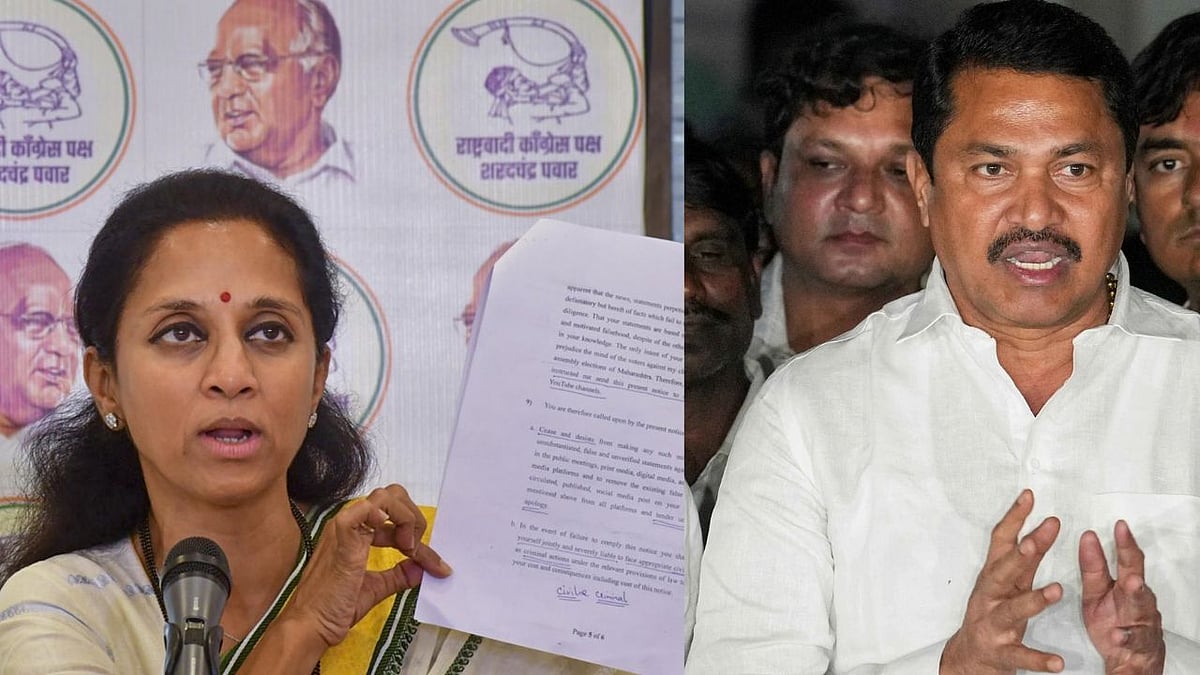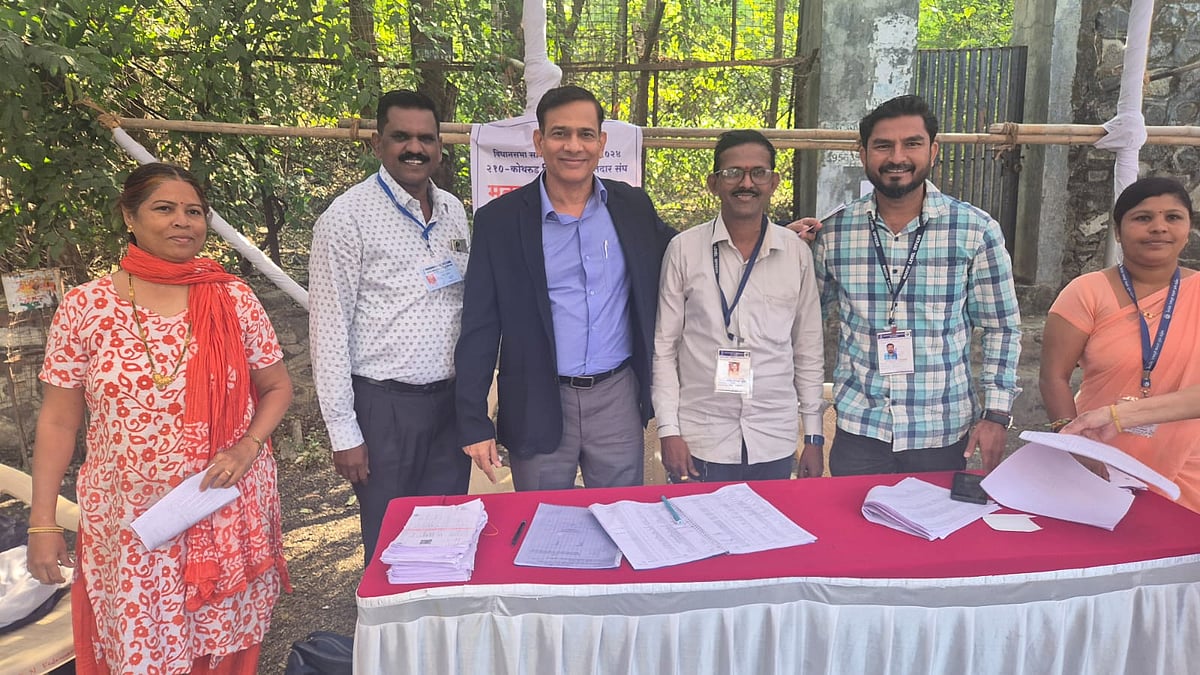Amid mounting concerns over a potential water shortage, the quartet of dams supplying water to Pune currently stands at only 34.61 per cent of their storage capacity, amounting to 10.09 TMC (Thousand Million Cubic feet). This marks a significant decrease from last year's storage level of 43.64 per cent, holding 12.72 TMC.
Official data reveals that the cumulative water storage of the Khadakwasla reservoir stands at 54.39 per cent, accounting for 1.07 TMC of water as of April 16. Panshet reservoir is at 33.97 per cent, holding 3.62 TMC, while Temghar stands at 6.87 per cent with 0.29 TMC. Additionally, the Warasgaon dam stands at 39.84 per cent capacity, holding 5.11 TMC.
Speaking to The Free Press Journal, Shweta Kurhade, Executive Engineer at the Khadakwasla Irrigation Division, assured that there wouldn't be any issue regarding drinking water despite the shortage. However, she highlighted potential impacts on water availability for agricultural and industrial purposes.

"We are facing scarcity, but we have implemented micro-planning. Our water planning is in place until July 15 this year, with priority given to drinking water. While drinking water supply is ensured, there is a shortage for agricultural and industrial purposes. We had prepared such plans before Diwali," Kurhade explained.
Previously, the Pune Municipal Corporation (PMC) issued explicit orders for the judicious use of water. These orders include directives for car washing centres to refrain from using water supplied by the civic body for washing cars. Similarly, instructions were given for utilising Sewage Treatment Plant (STP) water for construction activities. These directives followed a meeting convened by Pune district collector Suhas Diwase to address the water shortage in the city and discuss mitigation strategies.
'Societies, restaurants minimise water usage'
In response to the water shortage, residents and commercial establishments across the city have initiated preventive measures to avoid wastage.
Atharva Ganga Cooperative Housing Society in Pashan, for instance, has imposed a fine of ₹1,000 in case of water wastage. The notice issued by the chairman of the society, Kiran Patil, read, "We urgently request your cooperation in conserving water. Over the past few weeks, our municipal corporation has been facing challenges in supplying an adequate amount of water to our society. Despite the efforts of our management committee, we have been experiencing shortages, necessitating the hiring of two water tankers to supplement our supply."
"In light of these circumstances, we appeal to every one of you to use water sparingly. Simple actions such as fixing leaks, turning off taps when not in use, and being mindful of water consumption during daily activities can significantly contribute to conservation efforts. By working together as a community to reduce our water usage, we can help alleviate the strain on our limited water resources and ensure that everyone has access to this essential resource," it added.

Similar measures have been adopted by other housing societies in the city.
Besides, restaurants are also taking steps to reduce water consumption. Roopali, a restaurant located at Fergusson College Road, is offering water to its patrons only upon request, as part of its initiative to curb water wastage.











